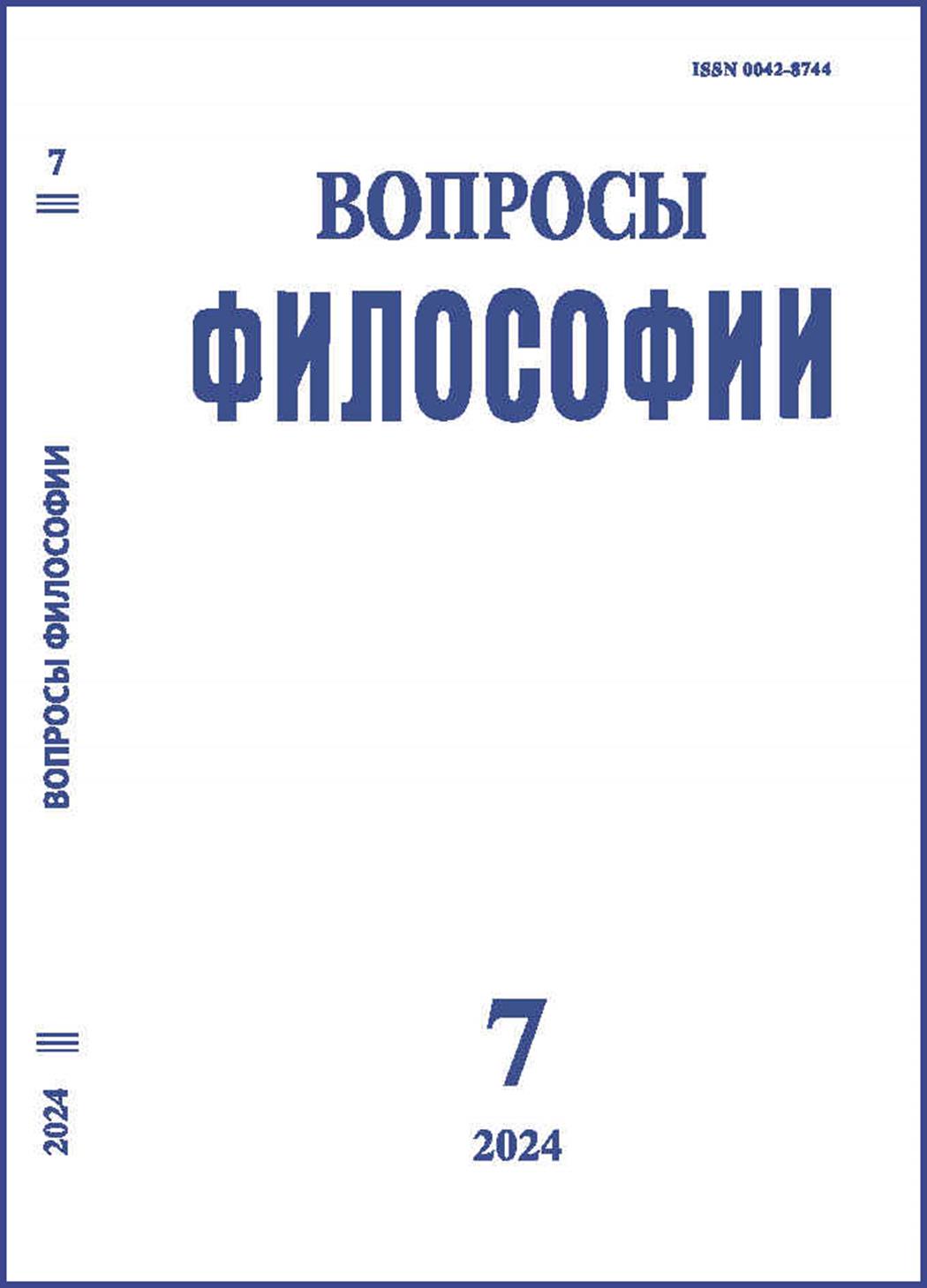Maimonides, Gersonides and Crescas on Prophets and Prophecy
DOI:
https://doi.org/10.21146/0042-8744-2024-7-172-183Keywords:
Crescas, divine knowledge, free will, Gersonides, Maimonides, Middle Ages, prophet, philosophy of JudaismAbstract
R. Moshe ben Maimon (1136–1204), R. Levi ben Gershom (1288–1344) and
R. Hasdai Crescas (1340–1410/12) in their main philosophical works consider
the phenomenon of prophecy as something that gives rise to philosophical questions and requires philosophical understanding. The definition of prophecy as
an emanation from God that is emanating into the intellect of the individual, and
the definition of a prophet as a person who performs miracles and conveys messages leading people to some good goal, and these miracles and messages can
vary in degree, are common to all three thinkers based on ideas of peripatetic
philosophy. However, despite the fact that each of these thinkers primarily focuses on the same corpus of texts (the texts of the Tanakh and Talmud), the emphasis that the philosophers make creates significant differences in their concepts. For example, the views of these philosophers differ on how the test
of the truth of a prophet can be carried out, as well as whether all prophetic predictions should (and can) be fulfilled. In the paper we distinct two roles of prophetic knowledge. They are the prognostic role and the pedagogic one. We demonstrate that Crescas highlights the prognostic function of the prophecy, but for
Gersonides the pedagogic one is brought to the forefront. We also demonstrate,
that prophecy is a doxastic practice with overrider system.

